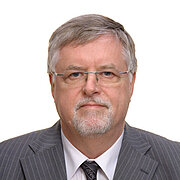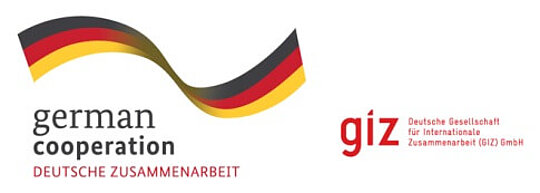A keynote by Herbert Salber, European Union Special Representative for the South Caucasus and the crisis in Georgia.
Since 2001, the German government actively supports the reform of the legal systems in Azerbaijan, Armenia, and Georgia in a programme called the 'Kaukasus-Initiative'. The Initiative aims to create more trust in the administrative and legislative systems and to form networks of exchange between lawyers and legal specialists working towards the development of the rule of law.
The Regional Academy 'Transformation Lawyers: Legal Dialogue for Legal Transformation', sponsored by the Deutsche Gesellschaft für Internationale Zusammenarbeit (GIZ), is an important component of this support: Every year, the Hertie School welcomes 25 young lawyers from the Southern Caucasus to attend a three week course in Berlin aiming to foster regional cooperation in their region.
This year, the academy’s official opening will be celebrated with a speech by Herbert Salber (European Union Special Representative for the South Caucasus and the crisis in Georgia) on 'Is there a chance for conflict-resolution in the South Caucasus?'.
Keynote

Herbert Salber was appointed the EU Special Representative for the South Caucasus and the crisis in Georgia in July 2014. He is a high-level diplomat with extensive experience in international relations. Prior to his current appointment, Salber held positions at the OSCE, NATO and the German Federal Foreign Office. He was the German Deputy Permanent Representative to NATO in Brussels from 2013 to 2014 and the Director for Security Policy at the German Federal Foreign Office from 2011 to 2013. From 2006 to 2011, he was the Director of the OSCE Conflict Prevention Centre in Vienna. Before that he was in charge of EU Foreign Relations and EU-Relations with the South Eastern Europe/Eastern Europe/Caucasus Divisions at the German Federal Foreign Office.
Herbert Salber studied French and Russian Philology at the University of Bonn and Toulouse University before he attended the 2-year training for diplomatic service at the Federal Foreign Office in Bonn.



